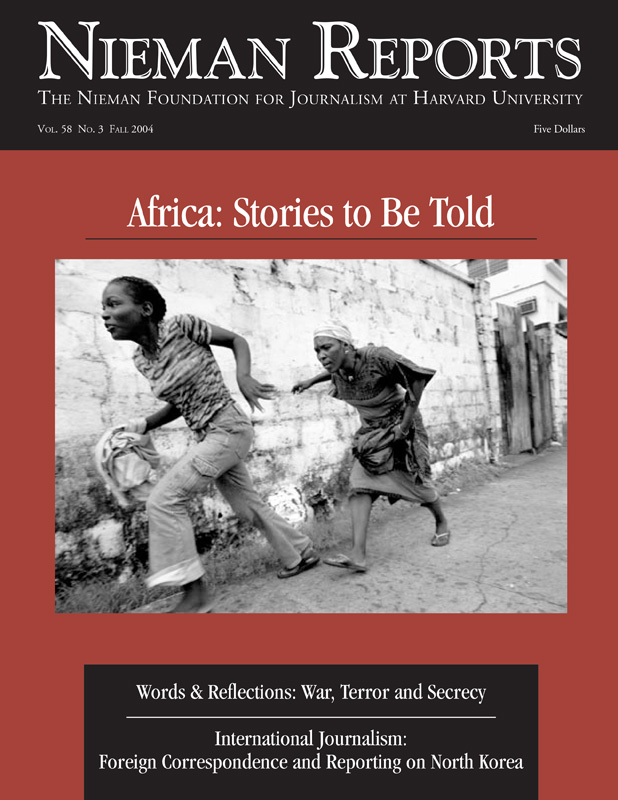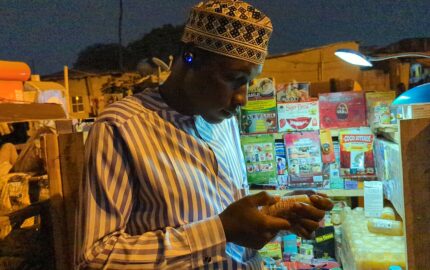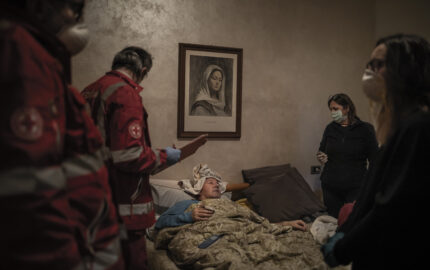
Advocacy: Although The Namibian began as an advocacy newspaper—in its consistent call for a democratic constitution and Bill of Rights with enforceable freedoms prior to independence—we have sometimes become so engaged in the battle for pure day-to-day survival that we failed to look forward. When the guarantee of free expression, media freedom, access to information, and media plurality are not advocated for during transitional peace talks and the drafting of constitutions and legislation, then it becomes less likely they will be easily accommodated at a later stage. During such transitions, it is up to media and civil society players to make a concerted effort to engage with the authorities to achieve these ends.
It is the contention of David Lush, a Windhoek-based media consultant, that there is a tendency to sit back and breathe a sigh of relief when, having once endured repression, peace and stability come to a country. He argues that in Namibia, for example, everyone was caught off guard when the government pushed through broadcasting legislation that did not guarantee freedom and diversity to the extent we thought it did. Independence of our national broadcaster and communications commission were therefore not guaranteed in law. Lush argues this is largely due to the failure of the media and the rest of civil society to get involved in discussions about the acts governing these institutions.
RELATED ARTICLE
"Transforming Journalism as Democracy Emerges"
- Pippa GreenIn contrast, in South Africa Lush argues there was a concerted campaign by both media and civil society during the transition period to ensure that free expression, access to information, and the independence of the public broadcaster and regulatory institutions were guaranteed. Lush notes that in South Africa the campaigning went on even while the media were still grappling with the immediate threats against them. The legacy of those actions remains largely intact today.
Media Unity: Media need to put their own houses in order, which in turn will deny or at least make it difficult for post-conflict regimes to silence and/or condemn them. The unity of the media industry and its ability to draw up and implement effective codes of ethics and self-regulatory mechanisms are as much of a priority as advocating for progressive laws, Lush argues. He maintains, correctly, that in Namibia we allowed divisions among the media during our era of conflict to undermine attempts at unity and thus aborted attempts to build the framework for a responsible and professional media in terms of an agreed-upon binding code of ethics and self-regulatory mechanisms, such as a press council or media ombudsman. Regional and international solidarity, I believe, play major roles, too, in the chances of survival of newly emergent media. In our region, the Media Institute of Southern Africa (MISA) has given advocacy as well as entrepreneurial support to struggling initiatives. [See story on MISA on page 39.] Without the regional efforts to try to stop the harassment against it, The Daily News in Zimbabwe would not have survived as long as it did.
The Role of Civil Society: Though our efforts are concentrated on the development of independent media, we must also bear in mind that the development of a strong civil society is a vital ingredient in providing an enabling environment for such media to exist in and flourish. In Namibia, we have a weak civil society and, to a large extent, the newspaper continues to be the nation’s torchbearer for the maintenance of human rights. This makes us vulnerable and sometimes isolated in our campaigns to secure these ends. Other countries hve been more fortunate. South Africa, for example, has a strong civil society that is active in all areas of human rights advocacy.


